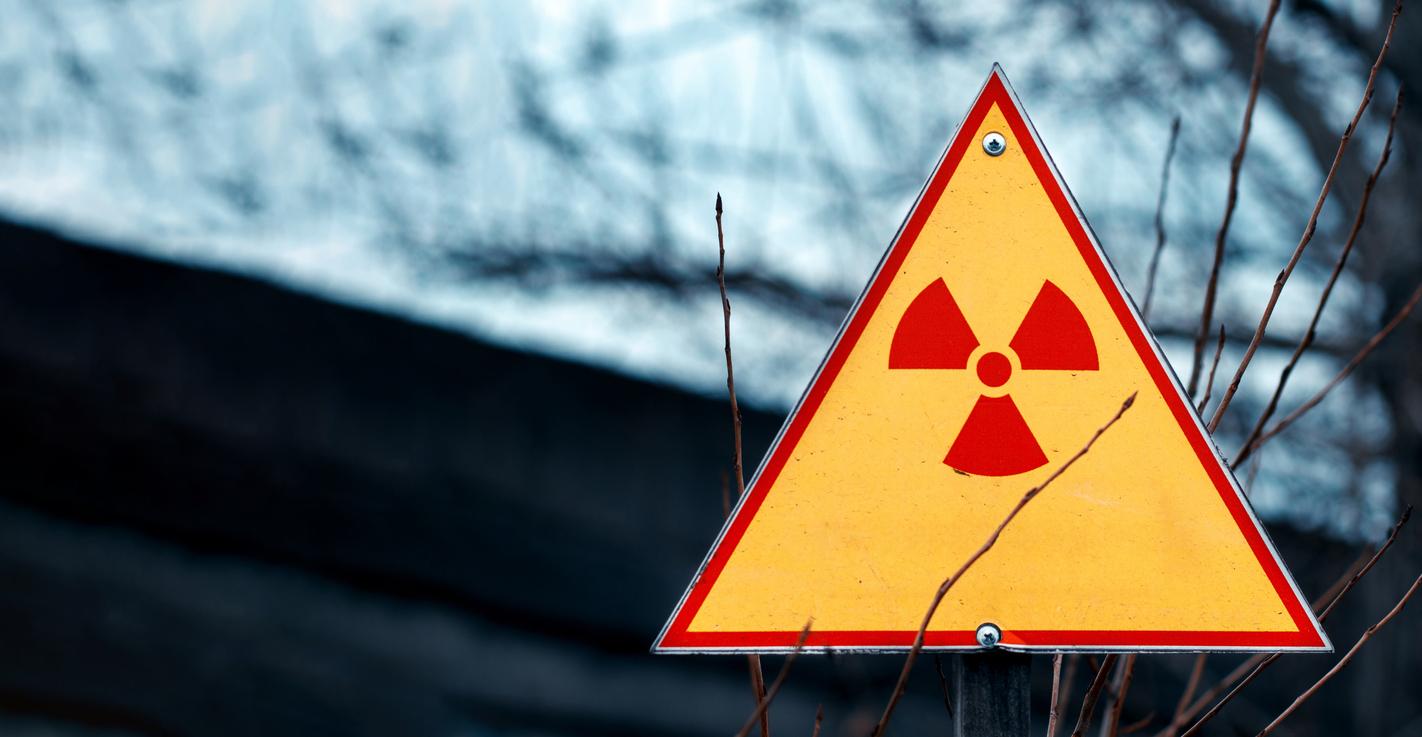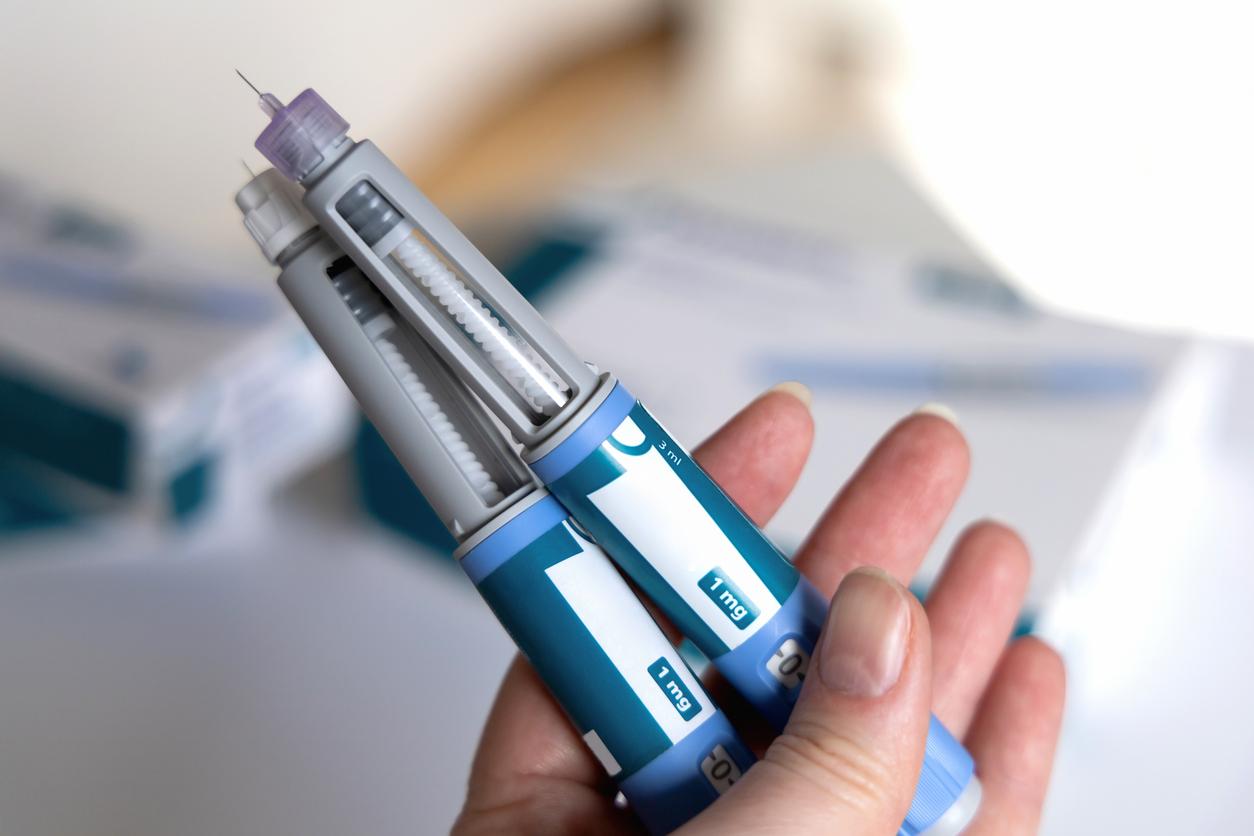Japanese researchers have shown that exposure to low doses of radiation may contribute to a high risk of diabetes.

- Rescue workers at the Fukushima nuclear power plant, who were exposed to small amounts of radioactive material, developed diabetes.
- Radiation would have harmful effects on the pancreatic cells responsible for insulin production.
- Additionally, there is a link between radiation exposure and increased inflammation, which is a known factor in the development of diabetes.
It is one of the worst nuclear disasters. On March 11, 2011, a magnitude 9 earthquake caused a tsunami, which submerged the northeastern side of Japan. At the Fukushima-Daiichi nuclear power plant, the wave reaching fifteen meters high destroyed the systems ensuring the cooling of the reactors and the spent fuel storage pools, which led to the meltdown of the reactor cores and explosions. In total, 22,500 people are dead or missing.
Fukushima: 5,326 rescue workers exposed to radioactive materials were monitored
Following this nuclear accident, many Japanese rescuers, already on site, provided assistance to the victims. In addition, international teams came to lend them a helping hand. Of the 20,000 rescuers, 5,326 men participated in a study conducted by researchers at the Japanese National Institute for Occupational Safety and Health. As part of their work, presented at the annual congress of the European Association for the Study of Diabetes which takes place in Hamburg, they wanted to know whether even small quantities of radioactive materials released into the environment after the explosions of the nuclear power plant, increased the risk of diabetes.
Between March and December 2011, each rescuer’s radiation exposure was measured using a pocket dosimeter for external exposure and a body counter for internal exposure. Participants also completed regular exams assessing blood sugar, lipids, urine, biomarkers of inflammation, thyroid function and vision. The team also took into account several factors, such as the volunteers’ age, body mass index, smoking, alcohol consumption, leisure-time physical activity, position held at the nuclear power plant, dyslipidemia (abnormally high levels of fats in the blood) and high blood pressure.
Diabetes: “radiation can have harmful effects on the pancreatic cells responsible for insulin production”
Between 2012 and 2021, 392 participants developed diabetes. The results revealed that the risk of developing diabetes was 6% higher among first responders exposed to 5-9 millisieverts (mSv) of radiation, and 47% and 33% higher among those exposed to 10-19 mSv and 20-49 mSv, respectively. “Our results suggest an increased risk of diabetes among first responders due to low levels of radiation. Although the potential mechanisms remain somewhat unclear, reports suggest that radiation may have detrimental effects on the pancreatic cells responsible for producing “insulin, which could contribute to diabetes. Additionally, there is an association between radiation exposure and increased inflammation, a well-known factor in insulin resistance and the development of diabetes.”explained Dr Huan Hu, author of the research, in a statement.
















